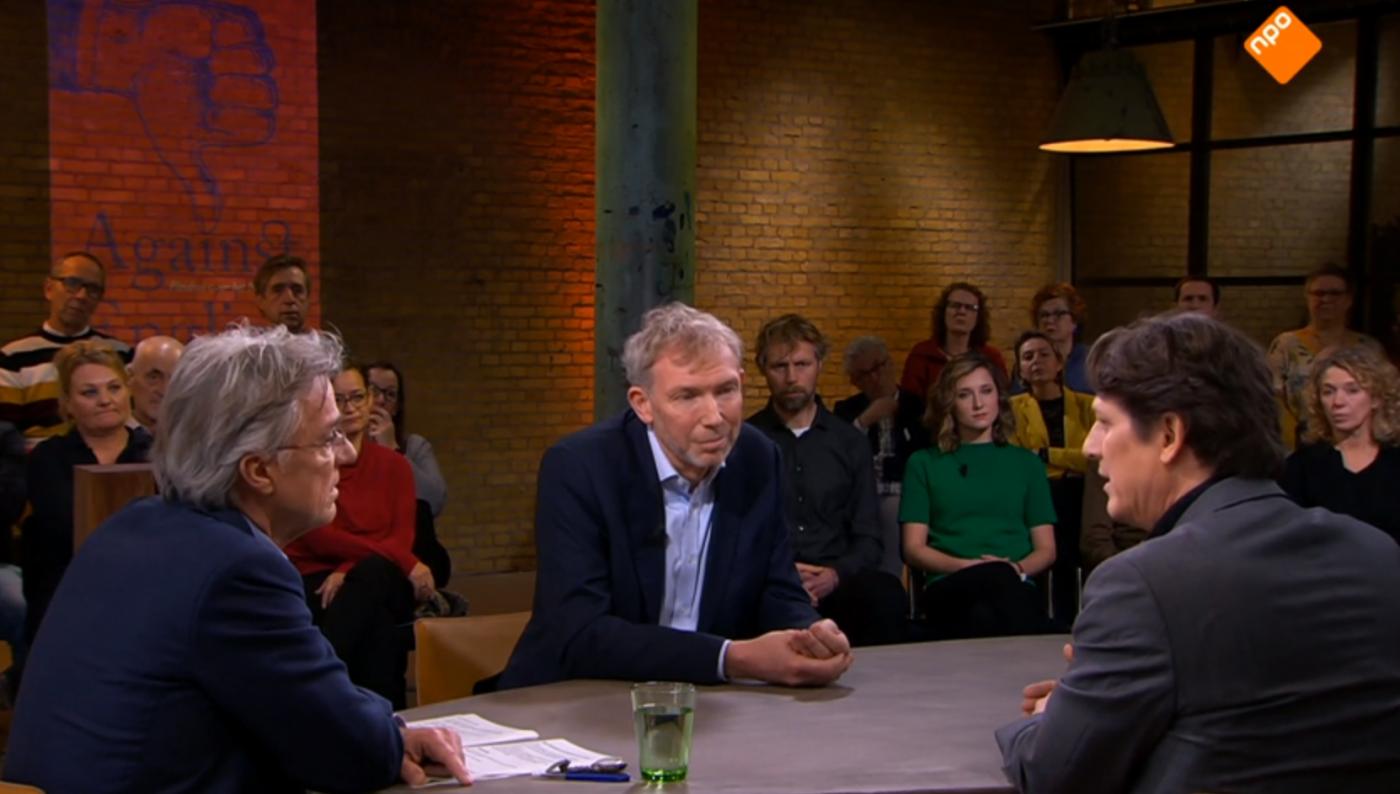The Minister says: It’s the working language, stupid!

Quite a number of the members of the House of Representatives is of the opinion that the anglicisation of higher education in the Netherlands is going too far. The parties have recently passed a law (all links in Dutch, ed.) that should curb the advance of the English language.
It remains to be seen whether this law will make a difference in practice, as educational institutions still have plenty of freedom. The members of Parliament are also aware of this. This made the news that the University of Twente is switching entirely to English as the working language all the more painful. Like they were thumbing their nose at the concerns of Parliament.
Holding off
The political parties CDA, VVD, SP and PVV put written questions to Minister Van Engelshoven. What was her opinion on the matter? Is this something the University of Twente should be allowed to do? Eindhoven University of Technology was also mentioned in passing: this university is doing exactly the same.
But from the response the Minister sent to the House of Representatives today, it appears that she is holding off. She won’t be doing anything. As far as she is concerned, the university is free to decide, in consultation with the University Council, what their working language should be.
But what about the new law against anglicisation? The law only covers the language of instruction of degree programmes, she explains, and not the working language of entire educational institutions. The degree programmes may only switch to English if there are good reasons to do so, but other rules apply to the universities themselves.
Ban
The law states that the working language of ‘administrative bodies’ such as public universities should, in principle, be Dutch, unless deviating from this is more effective and has no detrimental effects. According to the Minister, only a court could ban English if legal action is taken.
It should be noted, however, that English will not be used for everything at the university. The university has assured the Minister that a variety of legal documents and annual reports will be available in both Dutch and English, where the Dutch language version will prevail. Staff members will be given the opportunity to brush up their English if it is not good enough and their language skills may never be a reason to be let go.
Most degree programmes at the University of Twente are already in English. The House of Representatives asked the Minister for an overview. Four of the 18 Bachelor’s degrees and five of the 36 Master’s degrees being offered are still being taught in Dutch, all other courses are in English.
Psychology
The political parties VVD and CDA explicitly asked about the Psychology degree programme, which, according to critics, only made the switch to English to attract international students. Over the past five years, only 16 percent of the students on the University of Twente's Bachelor's programme in Psychology came from the Netherlands. A total of 77 percent came from Germany and the remainder from other European countries. Only a fraction of the students (0.8 percent) came from outside the European Union.